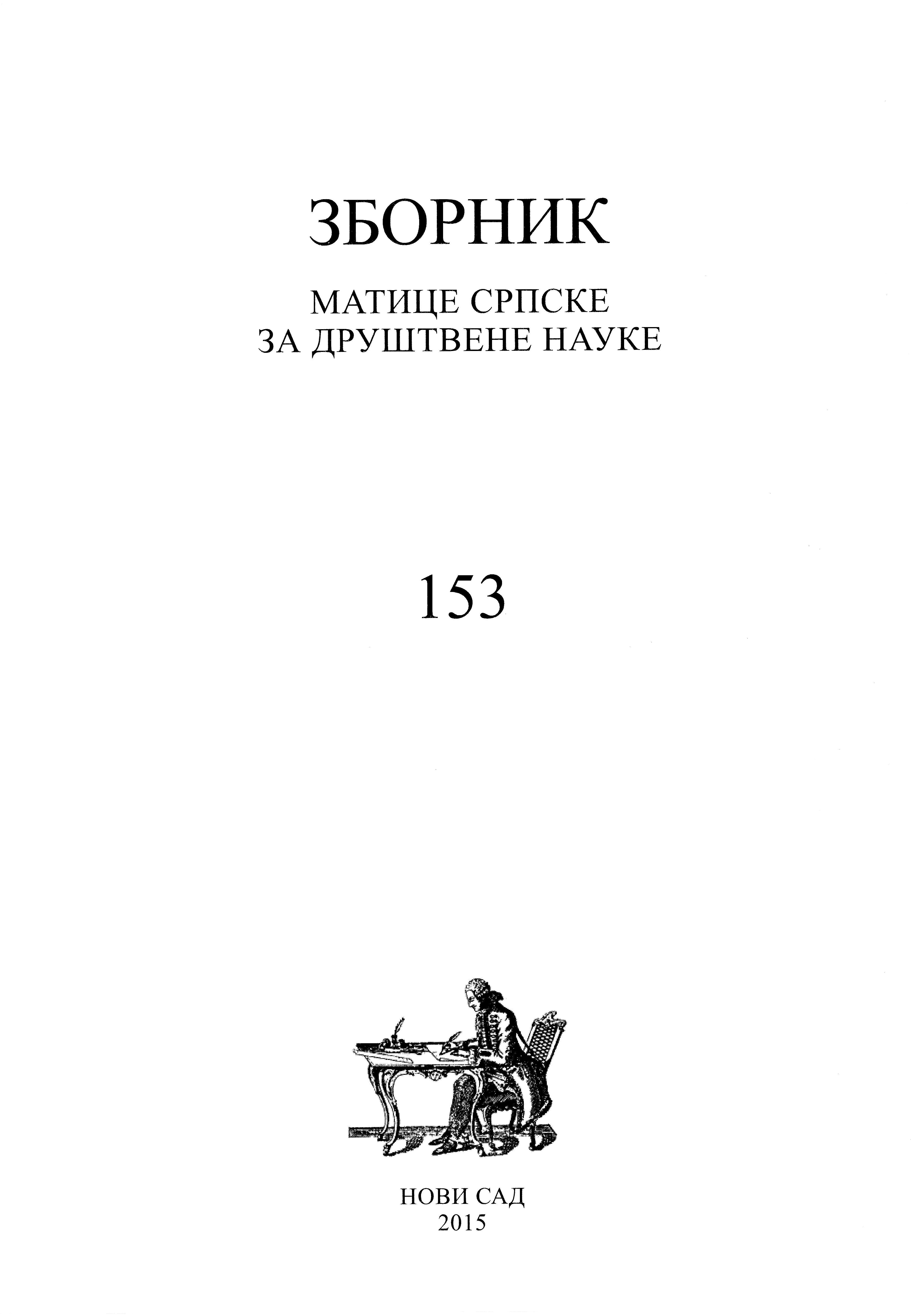Светска криза и светска држава у концепцији Жака Аталија
World Crisis and World State in Jacques Attali’s Conception
Author(s): Aleksandar M. GajićSubject(s): Supranational / Global Economy, Security and defense, Peace and Conflict Studies
Published by: Матица српска
Keywords: dynamics of capitalism; Jacques Attali; modernization; world economy crisis; World State
Summary/Abstract: Before the arise of the world economic crisis, contemporary concepts of World State creation had been based mainly on political and military-security reasons of global integration. They all emerged from “Peace plans” of confederate consociation of national states primarily into the peace, and, then, supranational political organizations. All of the modern plans of World State that had originated in the “Peace politics” of modern era were based on political and security arguments and offered political and institutional solutions, while their contemporary followers operated these ideas theoretically only in much different current circumstances. Only after the crisis had erupted, did new ideas and new concepts of the World State supporters emerge, suggesting how to handle the consequences of the crisis. As some national states have demonstrated incapacity to deal with it, new reasons for “necessary” global institutional superstructure have appeared. The most important opinion on this matter was given by Jacques Attali, well known French economist, writer and high public official. This paper gives Attali’s philosophical and historical overview on world crisis as the first financial crisis of mondialization. Attali explains the inevitable historical pattern that anarchic mondialization has led to, which, he presumes, requires establishment on global level, what was previously done on the national level. Furthermore, he gives the description of a possible World State as a presumed result of balance between market and democratic forces that will lead into the establishment of new institutions on the basis of those already existing, global international organizations. All of these presumptions are exposed to criticism in the final section of the paper.
Journal: Зборник Матице српске за друштвене науке
- Issue Year: 2015
- Issue No: 153
- Page Range: 699-710
- Page Count: 12
- Language: Serbian

